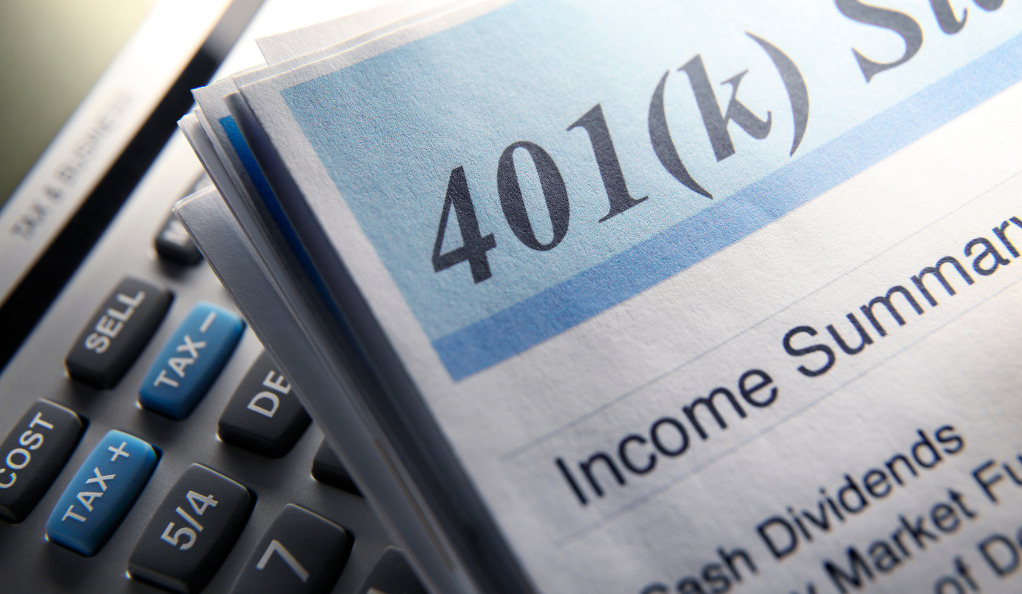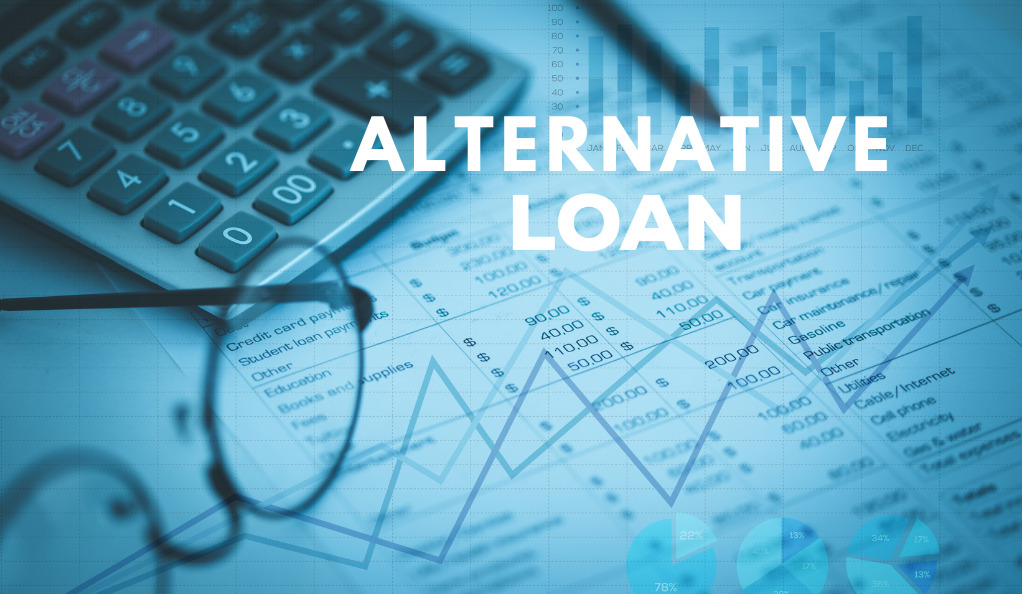A 401(k) loan can seem like the perfect solution to access quick cash, but it comes with its own set of drawbacks that can affect your long-term financial health. While you may feel tempted to tap into your retirement savings, taking out a 401(k) loan may not be the best option. In this article, we will explore the downsides of 401(k) loans and provide you with the top 4 alternatives to consider when you need financial flexibility.

The Downside of 401(k) Loans: What You Need to Know
401(k) loans are loans borrowed against your retirement savings. While the idea of accessing quick cash without any credit checks or lengthy applications may seem appealing, it is important to understand the downsides of 401(k) loans. One significant drawback is the impact it can have on your retirement savings. When you take out a 401(k) loan, you are required to pay back the loan with interest, which means you miss out on any potential growth your savings could have earned during that period.
Another downside of 401(k) loans is that they come with strict repayment terms. If you are unable to repay the loan on time, it can lead to penalties and taxes on the outstanding balance. You may also be required to repay the loan in full if you leave your job before the loan is fully paid off, which can be a significant financial burden.
The final downside of 401(k) loans is that they can create a bad financial habit of relying on debt. Instead of building up your savings, you may end up relying on borrowing from your 401(k) every time you encounter a financial emergency.
Top 4 Alternatives to 401(k) Loans for Financial Flexibility

- Personal Loans: If you have a good credit score, personal loans can be a great alternative to 401(k) loans. Personal loans come with lower interest rates, flexible repayment terms, and a fixed repayment schedule.
- Home Equity Loans: If you own a home and have built up equity, you may be able to take out a home equity loan. Home equity loans come with lower interest rates and longer repayment terms, making them an attractive option for quick cash.
- Credit Cards: While credit cards come with high-interest rates, they can be a good option for short-term expenses that can be paid off quickly. If you can use credit cards responsibly, they can help you avoid depleting your retirement savings.
- Emergency Fund: The best alternative to 401(k) loans is to have an emergency fund. Having a cushion of 3-6 months’ worth of expenses can provide you with financial security during unexpected events, and prevent you from relying on high-interest loans.
While 401(k) loans may seem like an easy solution to financial problems, they come with significant downsides that can affect your long-term financial health. By considering the alternatives outlined in this article, you can make informed decisions about your finances and avoid tapping into your retirement savings. Remember, building up savings and having a solid emergency fund are the keys to financial stability.
Ainu Token aims to offer impartial and trustworthy information on cryptocurrency, finance, trading, and shares. However, we don't provide financial advice and recommend users to conduct their own studies and thorough checks.



Comments (No)